A late-night practice that causes millions of people harm every year is finally being studied: sleep-eating.
Sleep dysfunction is related to poor nutrition and eating while also sleeping, an arousal condition in which part of the brain wakes while the body stays asleep. More research is being conducted on this relatively unknown issue.
Similar to Other Sleep Behaviours
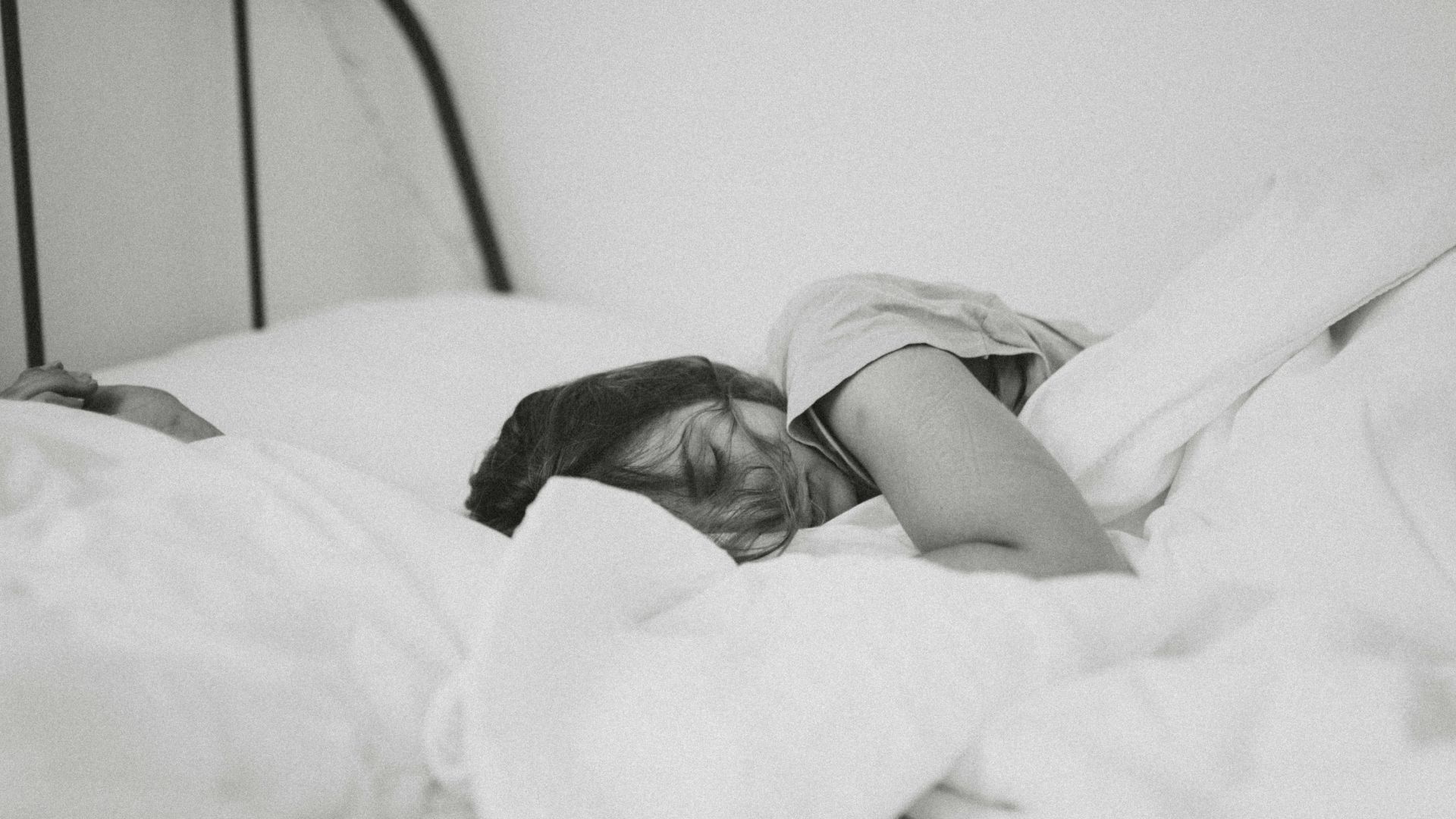
Sleep eating is correlated to the same category of sleep dysfunctions like sleepwalking, sleep talking, sleep terrors, and sleep sex.
These unusual or abnormal behaviours during sleep mean that someone is suffering from a dysregulation between their body and their mind, often referred to as a parasomnia.
Harsh Impacts
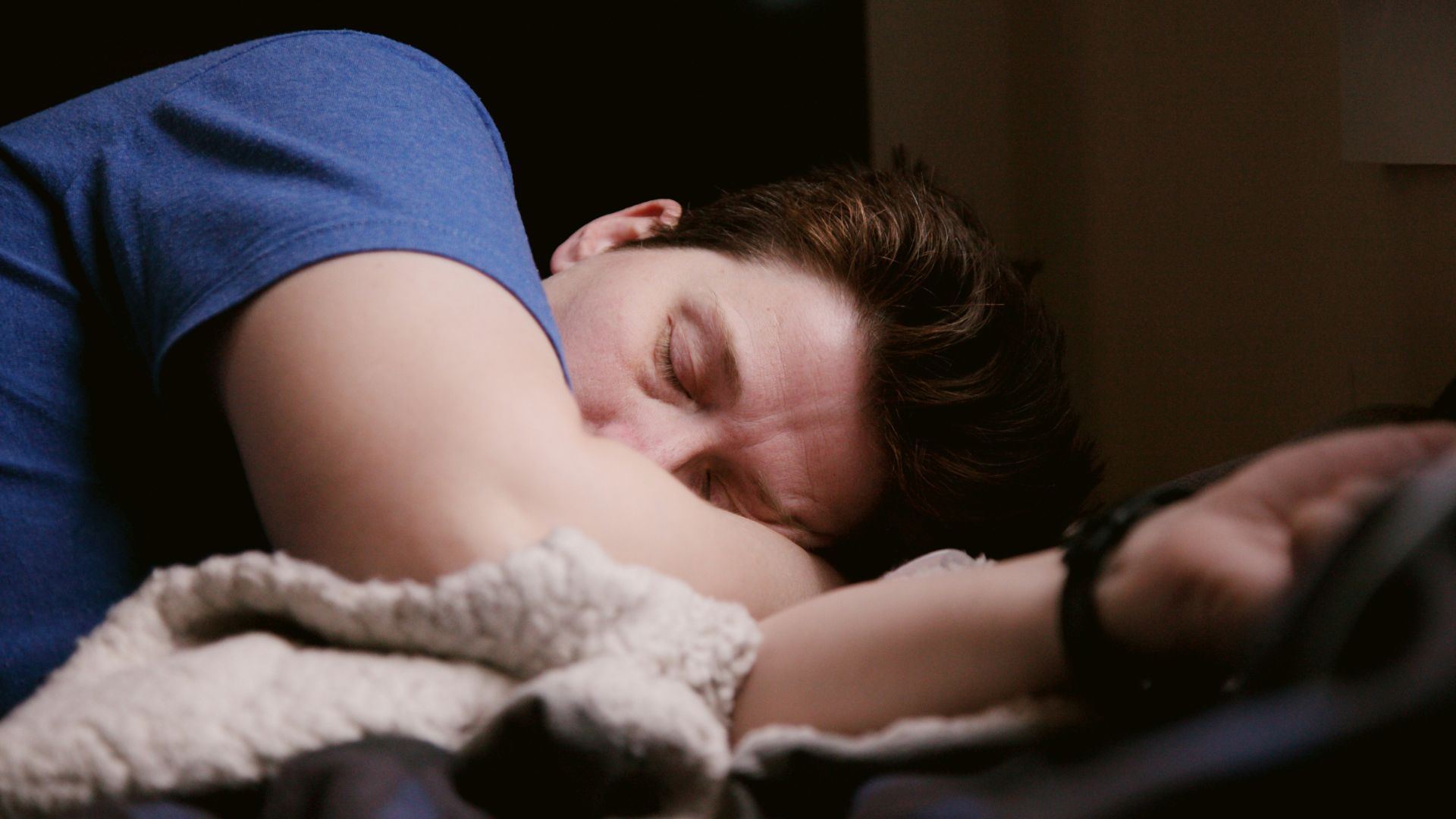
Dr. Carlos Schenck, a professor and senior staff psychiatrist at the Hennepin County Medical Center at the Univesity of Minnesota, says “Of all the parasomnias, sleep-related eating disorder has the worst impact on people’s lives.”
Schneck specializes in treating these rare disorders and says that eating while asleep is so destructive because it causes a person to gain weight, feel miserable in the morning, and generally causes a person to feel horrendous about themselves. It can be impossible to break out of the cycle.
How Does Sleep Eating Happen?

If you know someone who sleep walks, you might be familiar with the idea that you should never wake a person while sleepwalking. It’s said that the person is in such a deep sleep that waking them up will likely terrify them and cause an adverse effect.
The same is true for sleep eating. It occurs during the deepest cycle of sleep, called “delta sleep.” Schenck says, “Something triggers an alarm in the central nervous system, and your body is activated while your cognition is deeply asleep.”
No Control

Unlike during waking hours, those who experience sleep eating have no control over what they put in their mouths at night.
The brain takes over and seeks out the most satisfying foods that the body often craves for gratification. Ultra-processed foods like cookies, cakes, candy, doughnuts, chips, and crackers are the preferred foods of sleep eaters.
Several Issues Can Be Caused as a Result
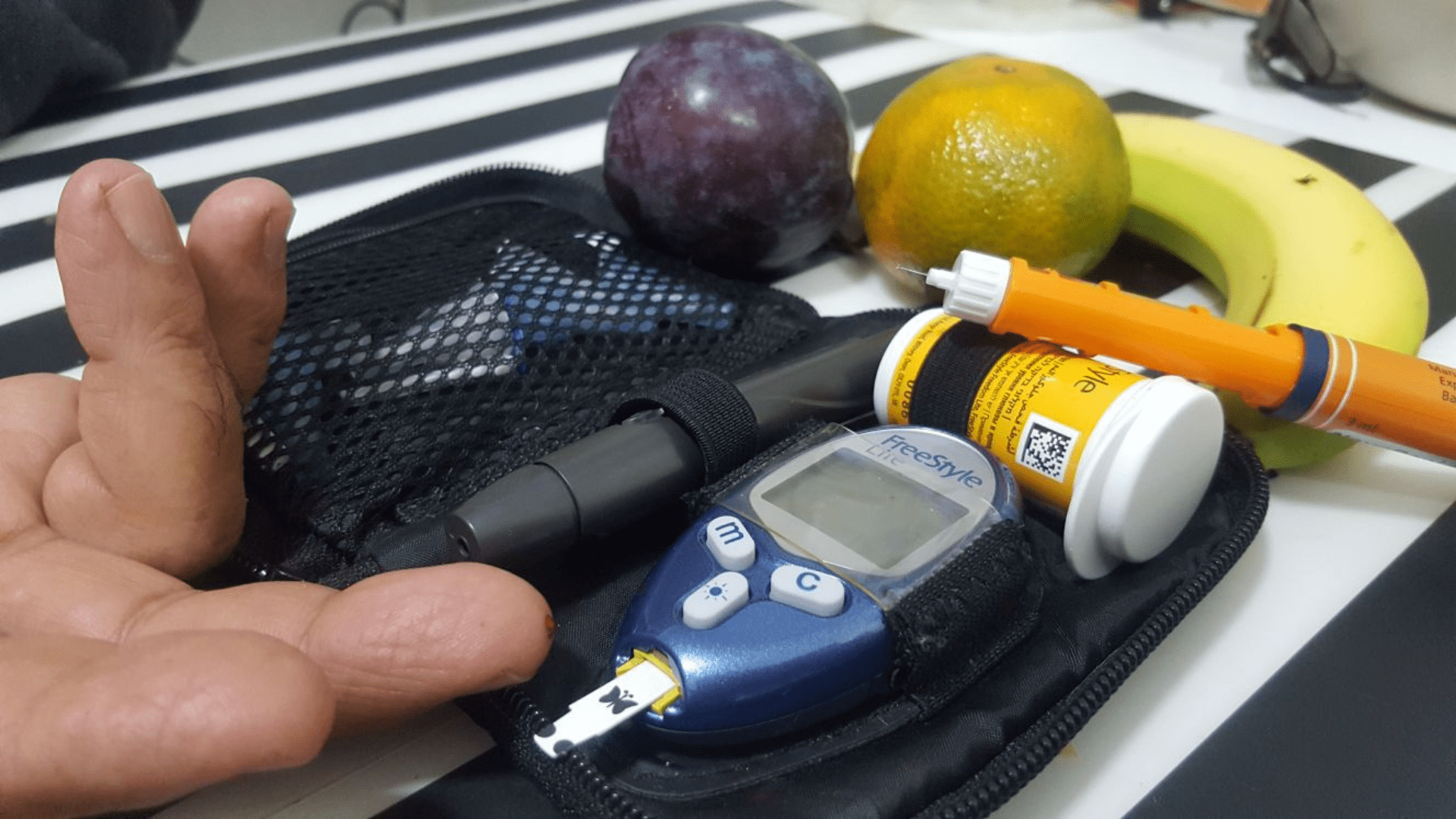
Because the sleeping person isn’t aware of what they’re eating, there is a concern about eating ultra-fattening foods that can contribute to weight gain, diabetes, or hypertension.
As well it might be rare, but it has been known that some sleep eaters will consume items that they know they are allergic to, causing a startling issue like an allergic reaction in the middle of the night.
Challenging To Treat

Sleep experts note that sleep eating can be one of the most challenging disorders to treat. It only has a success rate of two-thirds of patients overcoming the issue.
In comparison, more than 75% of people treated for sexsomnia, sleepwalking, or night terrors can be cured of the issue.
Is Food Becoming Irresistible?

It’s been well-established that the new category of ultra-processed, fatty, and sugary foods is undeniably addictive.
Big companies purposefully add extra flavor to packaged foods to make them irresistible and keep customers returning. Some sleep experts warn that the incidence of food becoming a drug-like substance is encouraging the heightened incidence of sleep-eating disorders.
Many Doctors Dismiss the Issue

Outside of sleep experts and parasomnia experts, many doctors dismiss the disorder and claim that patients are making up the disorder or need to control their eating on their own.
The disorder can feel incredibly isolating and embarrassing. Clinical help is needed to try and overcome this issue. Even adding locks on the fridge or the pantry can’t help because the sleep eater knows the code even when asleep.
The Cause of Sleep Eating
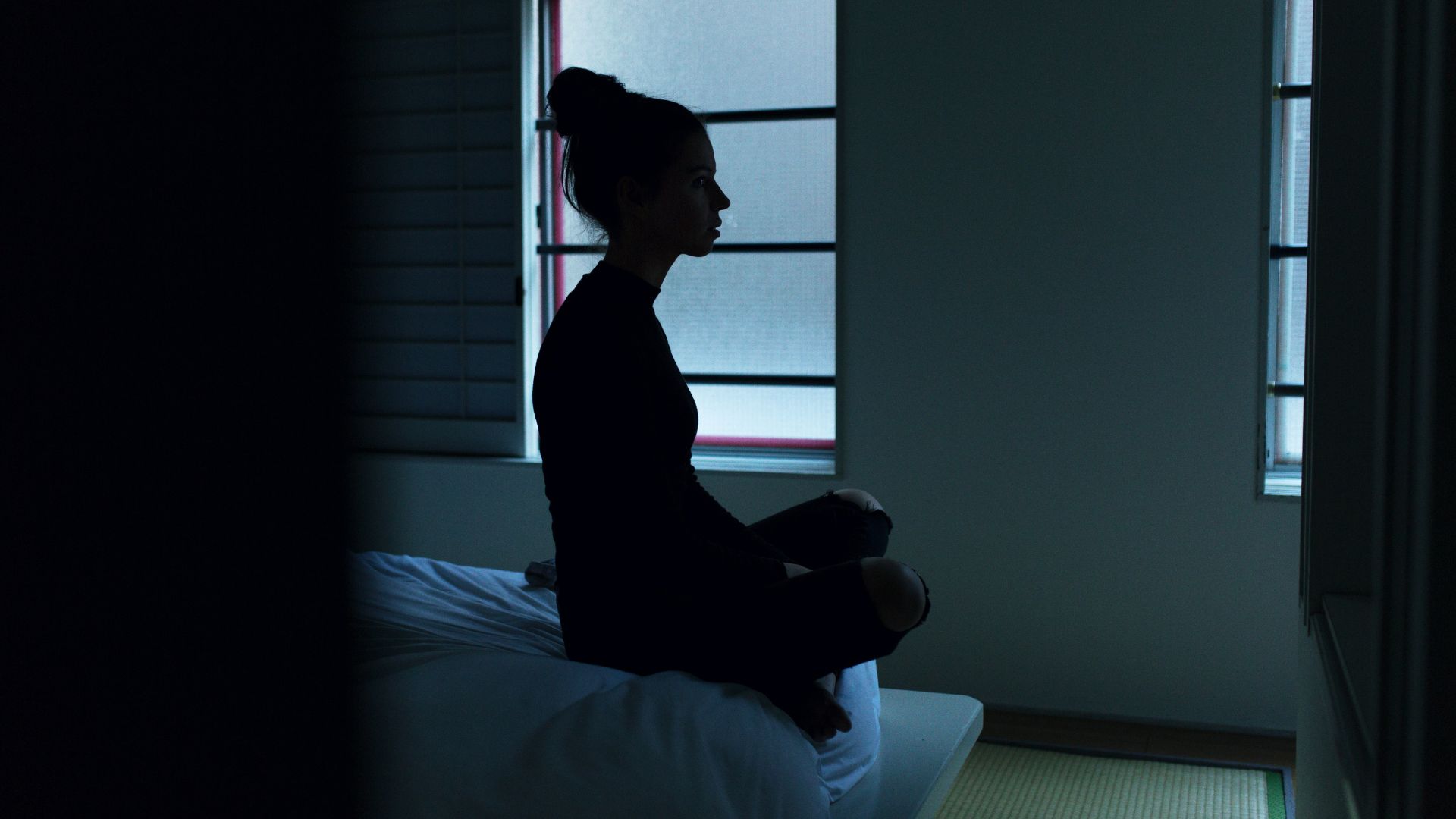
Research has shown that sleep eating is a behaviour that does not occur independently. Usually, the person suffering from it will experience sleepwalking first.
Some causes include restless legs syndrome, insomnia, or medications. Sleep eating is often referred to as a final pathway disorder.
Risk Factors
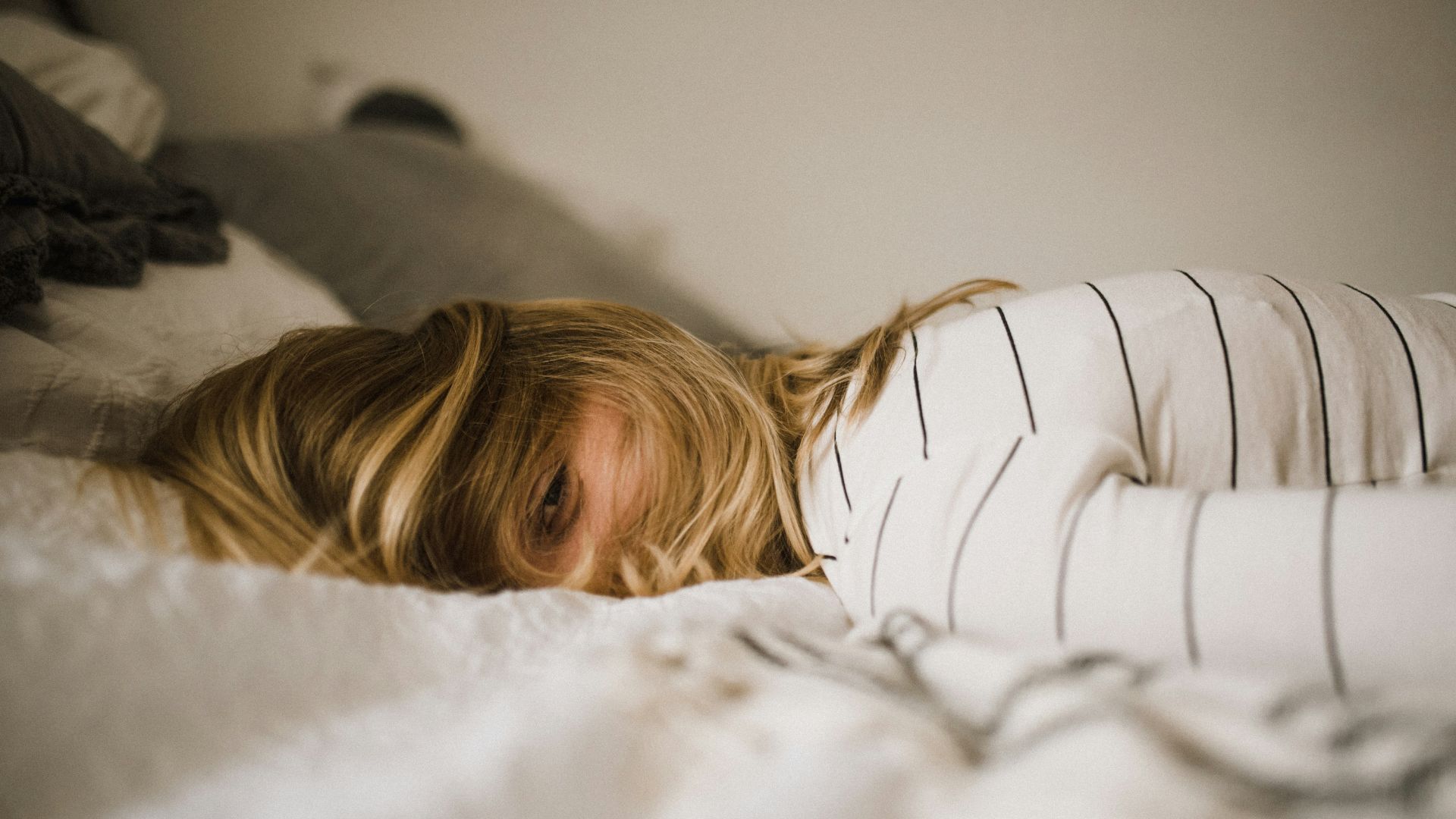
There are several factors that can contribute to a person developing a sleep disorder, like sleep eating.
One of the biggest contributing factors is being female and experiencing previous sleep disorders.
Don’t Give Up

If you find yourself struggling with this strange and harmful disorder, experts say that it’s important not to give up early.
The most important thing is to be your own advocate. Do the difficult research and search for doctors who listen to you, and try to implement a solid plan. A sleep study can often be the best place to start. From there, a treatment plan with possible medication can be implemented.








































